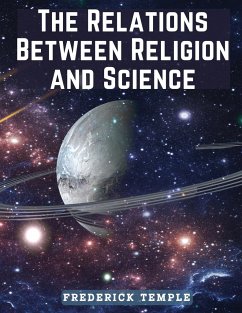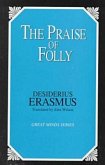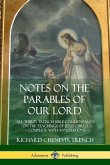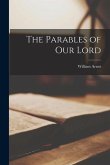"The Relations Between Religion and Science" is a book written by Frederick Temple, an influential English academic, churchman, and Archbishop of Canterbury in the late 19th century. Published in 1884, the book explores the complex and often contentious relationship between religion and science during the Victorian era. Here are some key aspects of the book: Historical Context: Temple wrote the book at a time when scientific discoveries and advancements were challenging traditional religious beliefs and doctrines. The Victorian era saw significant debates and conflicts between proponents of science and advocates of religious orthodoxy. Harmony vs. Conflict: Temple addresses the perceived conflict between religion and science, arguing that the two domains are not inherently opposed but rather complementary. He suggests that both religion and science seek to understand and make sense of the universe, albeit through different methodologies and perspectives. Limits of Knowledge: Temple acknowledges the limitations of human knowledge and emphasizes the humility required in both religious and scientific inquiries. He warns against dogmatism and encourages intellectual openness and inquiry in the pursuit of truth. Complementarity: Rather than viewing religion and science as mutually exclusive, Temple advocates for their harmonious coexistence. He suggests that religious insights can enrich scientific understanding, while scientific discoveries can deepen one's appreciation for the mysteries of the divine. Ethical Implications: Temple discusses the ethical implications of scientific advancements and technological progress. He underscores the importance of ethical principles rooted in religious teachings to guide scientific inquiry and technological innovation for the betterment of humanity. "The Relations Between Religion and Science" reflects Temple's attempt to bridge the gap between religion and science and foster a more nuanced understanding of their relationship. While acknowledging the tensions and challenges inherent in this relationship, Temple ultimately advocates for a synthesis of religious and scientific perspectives in the pursuit of truth and human flourishing.







